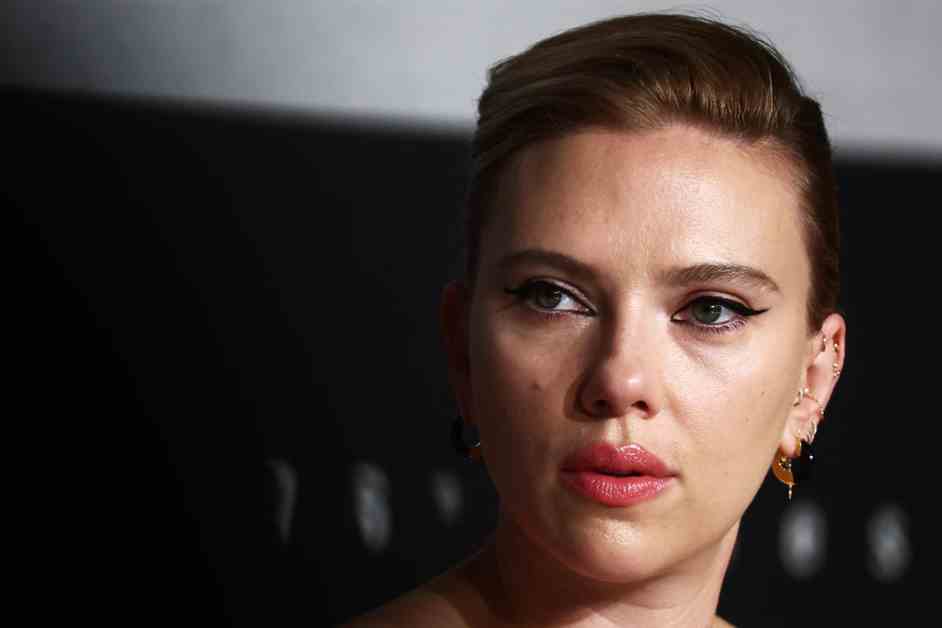Washington Senators Introduce NO FAKES Act to Protect Artists from Unauthorized AI Use
Senators in Washington are spearheading efforts to introduce a new bill, the NO FAKES Act, to regulate the use of artificial intelligence in the music and movie industries. The bipartisan proposal aims to prevent individuals or companies from creating unauthorized digital replicas of artists’ voices or likenesses using AI technology.
Senator Chris Coons (D-Del.) is leading the charge on the NO FAKES Act, with support from Senators Amy Klobuchar (D-Minn.), Marsha Blackburn (R-Tenn.), and Thom Tillis (R-N.C.). The bill comes in response to growing concerns within the entertainment industry about the misuse of AI technology.
Recent conflicts, such as the dispute between actress Scarlett Johansson and ChatGPT-maker OpenAI, have highlighted the need for clear regulations on AI use. Musicians like Ariana Grande and Lainey Wilson have also expressed worries about their voices being replicated without consent.
The NO FAKES Act aims to address these concerns by establishing guidelines for the creation and use of AI-generated content. However, lawmakers are still working to iron out the specifics of the bill, including the duration of postmortem rights and licensing restrictions.
While the entertainment industry supports protecting artists from unauthorized AI replication, there are concerns about potential limitations on free speech and storytelling. Industry experts emphasize the importance of balancing artists’ rights with First Amendment principles.
Discussions around AI regulation in the entertainment sector are gaining traction in Washington, with both the Senate and House working on bills to address these issues. As lawmakers navigate the complexities of AI technology, the goal remains to safeguard artists’ creative works while promoting innovation in the industry.
Despite the challenges ahead, there is optimism among Senate aides that meaningful legislation can be passed to protect artists’ voices and artistic creations in the digital age. As the debate continues, the focus remains on striking a balance between innovation and artistic integrity in the evolving landscape of AI technology.
